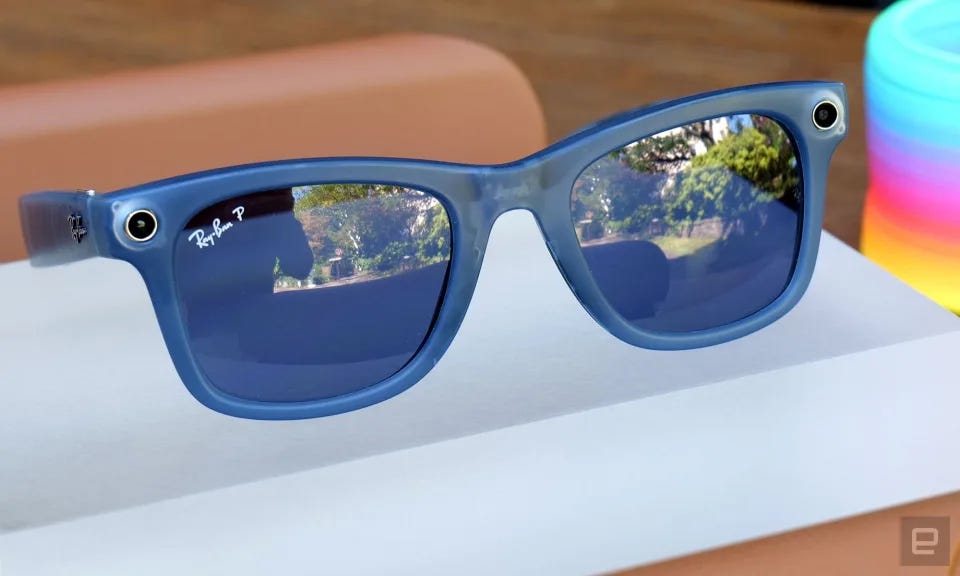Due Diligence in Web3: Don’t Just Dip Your Toes, Dive In and Do the Homework
Saddle Up your Pony
Mitch Jackson, esq. gives this advice for Web3 or any other matter .
Alright, let’s talk about due diligence—a phrase you’ve probably heard tossed around in boardrooms, business meetups, and now, Twitter Spaces, Discord and Telegram.
But what is due diligence?
Put simply, it’s the work you put in before making a decision, a chance to pull back the curtain and see what’s really happening backstage. Think of it as doing your homework, but the stakes are your wallet, reputation, and peace of mind. And in Web3—where crypto, NFTs, Bitcoin, and DAOs are turning the business playbook upside down—due diligence is more than just a smart move; it’s your safety net.
Newsflash: A 15 Minute Google Search Is Not Due Diligence
If you think scanning a few articles on Google is enough to call it a day, let me save you some hard lessons. Real due diligence is more than a Google search, a scroll through Twitter, or an hour in a Discord AMA. It’s about diving in, not just dipping a toe in. It means knowing the people you’re dealing with, understanding the code and tech behind the promises, and getting a feel for the whole ecosystem—before you sign on the dotted line or hit “send” on that wire transfer.
Imagine buying a house based on a five-minute walkthrough. You wouldn’t. You’d check the foundation, plumbing, neighborhood—all the invisible stuff that determines if this place is worth your investment. Web3 is no different, and skipping that groundwork in this space is like walking blindfolded into a house with a foundation made of sand.
Due diligence avoids mistakes, and buyer’s remorse.
Mitch Jackson, esq. adds this to the mix.
Fast forward to today, and with the promised deregulation in the web3 space by the new administration, things are only going to get even more crazy.
So, to try and help my community, I'm sharing 3 resources and approaches at the end of this article to help you conduct your due diligence. But, before jumping to the end, take a minute and continue reading. It’s important you understand what a lot of people are doing wrong, especially in this time of hype and FOMO. Also please keep in mind that while I am a lawyer, I'm not your lawyer. No legal advice is being given in this article.
The Foundations of a Smart Due Diligence Strategy
So, how do you go beyond the basics? Here’s a roadmap to keep you from getting caught in the quicksand of hype and FOMO (fear of missing out).
1. People First: In Web3, the technology might be decentralized, but the people behind it still matter. Track down who’s calling the shots. What’s their track record? Do they disappear when things get tough, or do they stand by their projects? Vet the team with the same energy you’d use to check a restaurant’s kitchen if you were allergic to peanuts.
2. Understand the Tech: You don’t need to be a developer, but you do need to know what makes the wheels turn. Find out if the project’s code has been audited. Ask, “Is this open-source? Who can see the code?” If you’re not familiar with technical lingo, get someone on your team who is. The more eyes on the code, the safer your bet.
3. Legal and Regulatory Check: This isn’t your “move fast and break things” moment. Understand the laws and regulations in your country—and others too. Cryptocurrencies and DAOs are notorious for dancing in the gray areas, and regulators are watching. Make sure your dream project won’t become a nightmare because of unexpected legal battles or shutdowns.
4. Risk Management: Web3 can be like the wild west. Risks are real, but they can be managed. Set limits for yourself: know how much you’re willing to invest and risk. And if it’s too good to be true? It probably is. You’re better off walking away than diving into something you don’t understand.
Due Diligence Is Your Seatbelt in Web3’s Roller Coaster
Think of Web3 as a thrilling roller coaster. It’s fast, exciting, and full of surprises. But, like any good ride, you need a seatbelt. Due diligence is that seatbelt, that solid reassurance that even if things go sideways, you’ve done your part to protect yourself.
So next time someone tells you about the latest token or a DAO with “game-changing potential,” resist the urge to just dive in based on the sizzle. The real winners in this space? They’re not the ones who move the fastest—they’re the ones who move with the most insight.
Some forms of Web 3.0 require specialized hardware and software. The graphics are intensive. You will need a computer capable of gaming, and a large SSD.
Apple has developed Vision Pro which costs close to $6,000. This is a large headset with a wearable computer on your belt. It is intrusive in the workspace.
Alternative headsets include:
Meta Quest Series1. Meta Quest Series
Meta’s Ray-Ban branded smart glasses are getting AI-powered reminders and translation features Meta Quest 2: A standalone headset with a robust library of games and applications.
RayBan glasses are fashionable, lightweight, and do not attract attention. The marketing information says they will have AI built into them. Whether they will come to market is speculation. VR headsets seem to come and go quicker than a SpaceX launch. The projected cost is about $300.00
Meta Quest Pro: A high-end model aimed at professionals and developers, featuring advanced mixed reality capabilities.
2. Valve Index
A premium PC VR headset is known for its high-quality visuals and precise tracking, suitable for serious gamers.
3. HTC Vive Series
HTC Vive Pro 2: Offers high resolution and is designed for both gaming and professional use.
HTC Vive Flow: A lightweight, portable headset focused on media consumption and social experiences.
4. Sony PlayStation VR
PlayStation VR2: Designed for PlayStation 5, it features enhanced visuals and a wide range of exclusive games.
5. Pimax Series
Known for their wide field of view and high-resolution displays, catering to enthusiasts and simulation gamers.
6. Samsung Odyssey+
A Windows Mixed Reality headset that offers good visuals and comfort but is less commonly used now.
7. Apple Vision Pro
Announced with a focus on mixed reality, it aims to integrate augmented and virtual reality experiences, though it has yet to be widely released.
8. Oculus Rift S
An older PC-tethered headset, still popular for its ease of use and access to a large library of content.
9. DecaGear
A newer contender with advanced features and a focus on affordability, although availability may vary.
VR hardware requires extreme due diligence. Caveat-emptor.



